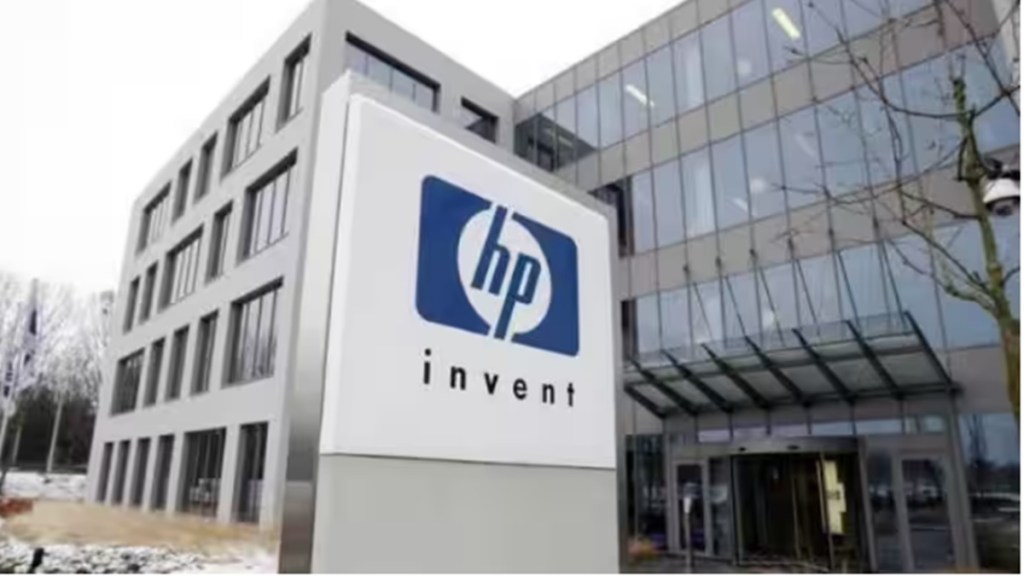The hybrid work model has swiftly gained acceptance across businesses as a flexible and efficient way of operating. However, many organisations are still navigating the challenges of effectively implementing this work arrangement.
According to HP research, 92% of Indian employees believe hybrid work improves work-life balance but it requires better tools and tech training. “The hybrid workstyle has become a reality in India. However, the lack of IT and technology infrastructure at the office and remote locations is impacting employee productivity and well-being in the current hybrid work model,” said Vickram Bedi, senior director (Personal Systems), HP India.
Recognising the opportunities to fill the gaps, HP has introduced a range of hybrid work solutions for seamless operations anywhere, anytime. According to Bedi, the recently launched HP Dragonfly G4 laptop is a game-changer for today’s mobile professionals. “As video meetings become the norm, the Dragonfly G4 addresses the challenges of virtual interactions with cutting-edge features.
It is the world’s first business notebook to support the simultaneous use of two cameras, allowing professionals to easily manage two video streams and deliver more impactful presentations. Further, it is equipped with AI-based Noise Reduction that filters out background noise for crystal-clear audio during video conferences,” he added.
In a recent interview with FE, Bedi said, “We fully support the hybrid work model, recognising it as a catalyst for long-term business growth and success, if implemented well. In the post-pandemic era, the focus has shifted from employers to employees, and it’s important for businesses to plan their strategy keeping the employees at the centre.”
According to HP Global research, a key barrier to a return to the office is the sub-optimal technology experience faced by employees. Less than 8% of the 90 million conference rooms worldwide are video-enabled. “Thus, we emphasise the importance of investing in future-ready technology infrastructure that enables effective collaboration between remote and in-office employees,” said Bedi. “This involves providing access to a wide range of video conferencing tools and ensuring more collaborative meeting rooms at workplaces. We recognise the increased workload on IT departments due to remote and hybrid work and recommend empowering them with tools to ensure employees’ productivity, security, and collaboration from various locations. Lastly, we advocate extending technology access to all employees, especially entry-level ones, to bridge the technology divide and foster innovation and productivity in an inclusive workplace.”
HP has been at the forefront of adapting its product design and services to meet the evolving needs of hybrid work environments.
“We have capitalised on the trend of hybrid work by investing in comprehensive technology solutions tailored to these environments. The strategic acquisition of Poly reinforces our position as a leader in providing innovative hybrid work solutions,” he added.
WORKPLACE NORMS
* Hybrid work models seen as a catalyst for business growth and success
* Sub-optimal tech hampers workers’ return-to-office
* Video meetings essential in hybrid work models
* 92% say hybrid work needs better tools & tech training
*Less than 8% of 90 million conference rooms are video-enabled

